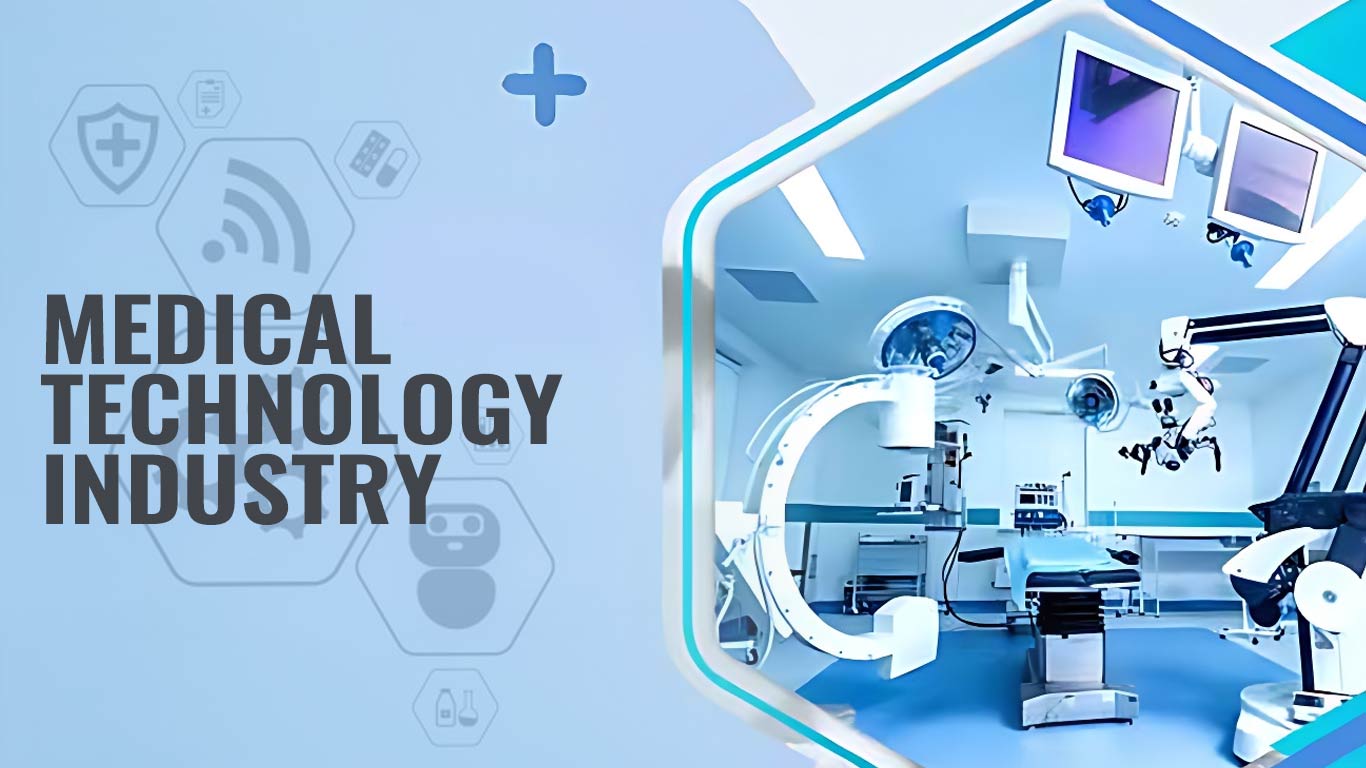Indian MedTech Industry Urges Govt Action To Curb Import Reliance
Updated: Jan 06, 2024 04:00:37pm

Indian MedTech Industry Urges Govt Action To Curb Import Reliance
New Delhi, Jan 6 (KNN) The Association of Indian Medical Device Industry (AiMeD), in its pre-budget recommendations, has urged the government to address the surging import bill of medical devices, currently exceeding Rs 63,200 crore.
In response to India's overwhelming 80-85 per cent reliance on medical device imports, experts have emphasised on critical policy interventions for the Indian MedTech industry.
These include elevating quality regulations to meet global standards, providing incentives for surpassing international benchmarks, and promoting indigenous products through awareness campaigns and strategic initiatives.
According to the Global Trade Research Initiative (GTRI) report from August 2023, the Indian medical devices industry holds the potential to grow from USD 12 billion today to USD 50 billion by 2030.
This projected expansion could significantly reduce import dependence to 35 per cent and propel exports from the current USD 3.4 billion to USD 18 billion by 2030, consequently generating over 1.5 million jobs in medical device manufacturing and related healthcare services.
Rajiv Nath, Forum Coordinator, AiMeD, underscores the necessity for the government to retract Duty Exemption notifications on medical devices and provide nominal protection to counter competitiveness disabilities in manufacturing medical devices in India.
The industry advocates for a phased approach to custom duty increases on critical components, ensuring manufacturing viability and preventing erosion of competitiveness, particularly with zero-duty Free Trade Agreement (FTA) countries.
Addressing consumer protection concerns, Nath said, “Instead of a low duty strategy, we have been recommending for Customs to monitor Maximum Retail Price (MRP) of imports and when found unreasonably higher than imports' landed price, recommend to National Pharmaceutical Pricing Authority (NPPA) to consider capping MRP.”
Regarding the impact of a flat 12 per cent Goods and Services Tax (GST) rate on the entire medical device spectrum, experts suggest that such a reduction could enhance accessibility and affordability of quality medical services for patients.
They stress the need for broader policy measures, including expanding the scope of Production Linked Incentive (PLI) schemes, simplifying approval procedures, and targeting USD 1 trillion in exports by 2025.
With increased government support, industry leaders anticipate significant growth for the Indian MedTech industry in the next 5-10 years.
A sustained growth rate of 13-15 per cent year-on-year could lead to exponential expansion, potentially four to five times the current size.
The challenges faced by Indian MedTech companies, including limited access to capital, a shortage of skilled workforce, and issues with technology transfer, necessitate a multi-faceted approach.
Suggestions include government-backed funding programs, venture capital support, industry partnerships, specialised training programs, and collaborative frameworks between industry players and research institutions.
(KNN Bureau)












